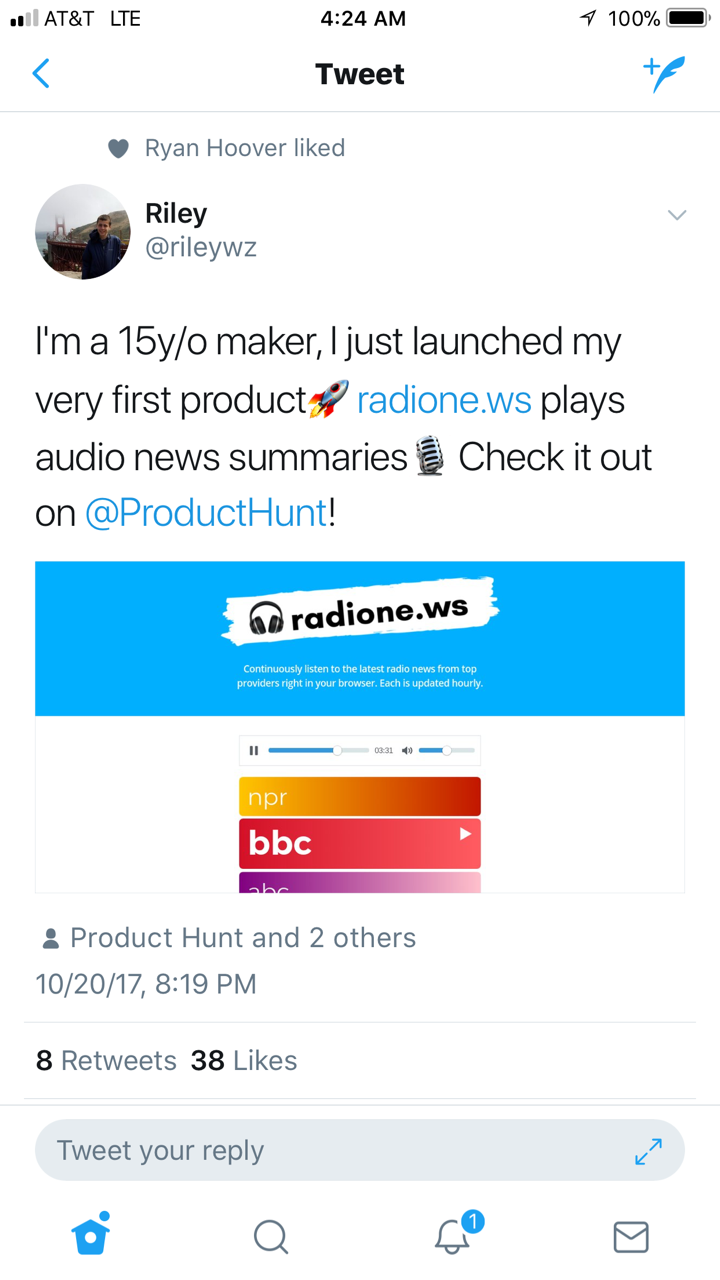Should my business focus on social signals to boost search rankings?
Before we get too far down the path on this post on social signals, let me start by saying do not attempt to take anything from this post as the law of the land for manipulating search rankings.
In the last few days, I’ve received a few emails from potential customers in regards to certain SEO strategies they stumbled across on this blog not *working*.
Of course, not *working* is a vague term with wide boundaries depending upon whom you speak with.
As for the emails, potential customers had read a few blog posts making mention that social signals are important to search rankings for websites.
They then took to Facebook, Google+, and Twitter, and began posting content in an attempt to boost their website traffic and search rankings.
After a few posts and only days within their first couple of posts on each social network, potential customers were a bit frustrated by the following:
- Their website traffic did not increase
- Their search rankings decreased instead of increasing
- Their numbers on each of the social networks didn’t increase in any aspect
I mean, they had a few likes and a couple of followers, but they expected a monsoon of activity to boost their social signals and in return, increase search rankings for their website.
And of course without hesitation and not acknowledging the part they played, potential customers wrote me to inform me that I was fake and imposter SEO professional by their standards.
Now for the truth.
The reality of each potential customer’s situation was all based on content type. Their content was not valued by their social fans and followers.
This resulted in each potential customer’s social signals — posts, likes, re-posts, re-tweets and so on — being very low, if not dismal and barely present.
In my humble opinion, I believe social signals have their place in search rankings, but it is all based on the activity, and more importantly, how unique and value-add the content is being shared across social networks.
It does no one a bit of good to post low-quality or irrelevant content, hoping for increased social signals to boost search engine rankings.
Personally, I’ve created unique, high-quality content and shared it across multiple social networks with substantial increases to website traffic but not search rankings.
So, the question is: do social signals play a part in boosting search rankings?
There have been many to say that social signals do play a role in increasing search rankings as indicated below in the infographic provided by QuickSprout.com.
In addition, there have also been others to disagree and say that social signals don’t have an ounce of impact on boosting search rankings.
More specifically, Matt Cutts from Google recently answered questions in a video on whether or not Google’s search algorithm contains social signals logic to rank websites.
Although Matt doesn’t get specific, he never comes out to say that Google does or doesn’t have social signals in their algorithm.
In closing, I would suggest not focusing on SEO shortcuts of any type, and do focus on a sound content marketing strategy to boost website search rankings.
You’ll do more harm than good trying manipulate search rankings based on ill perceived knowledge of social signals and search rankings.
Again, it’s not enough to crank up the social media activity and posts to only post content that is categorized by fans and followers as irrelevant or low in quality.















